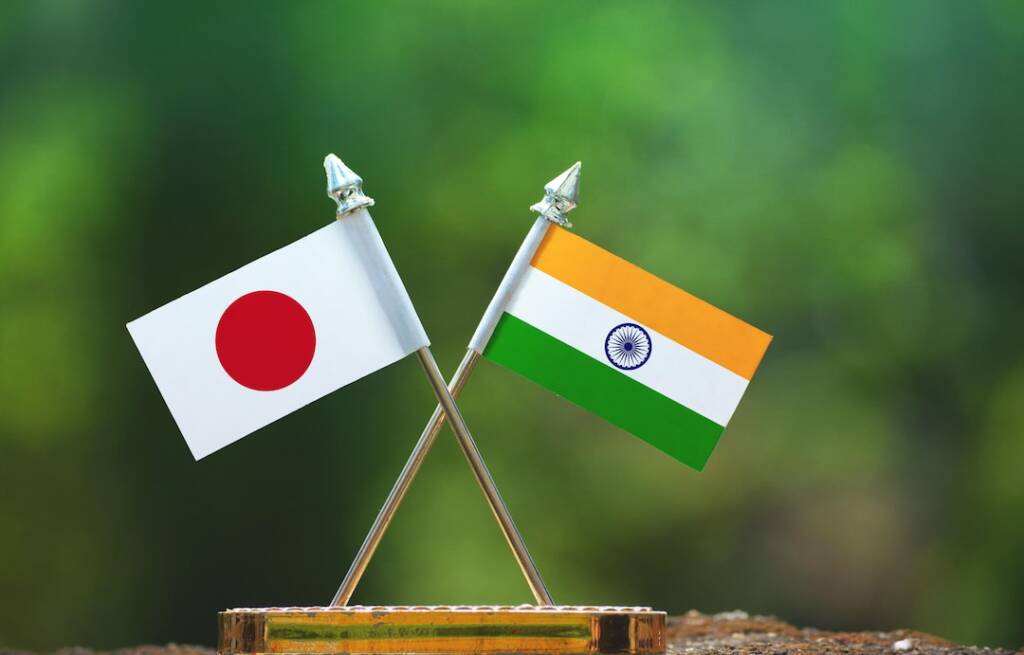A contingent of the Indian Army departed on Saturday for the 6th edition of the India-Japan Joint Military Exercise Dharma Guardian. According to the Ministry of Defence, the exercise is set to take place at the East Fuji Manoeuvre Training Area in Japan from February 24 to March 9, 2025.
Dharma Guardian is an annual military drill conducted alternately in India and Japan. The previous edition was held in Rajasthan between February and March 2024. This year, the Indian contingent consists of 120 personnel, primarily from a battalion of the MADRAS Regiment, alongside troops from other arms and services. Their Japanese counterparts, from the Japan Ground Self-Defense Force (JGSDF), will be represented by the 34th Infantry Regiment with a similar strength.
The primary objective of the exercise is to enhance interoperability between both forces while conducting joint urban warfare and counter-terrorism operations under a UN mandate. The training will emphasize physical endurance, joint planning, and coordinated tactical drills. Participants will engage in a range of activities, including tactical maneuvers, joint exercises, and disaster response strategies, aimed at refining combat skills and improving operational efficiency.
Building on the momentum from the Chief of the Army Staff’s visit to Japan in October 2024, Dharma Guardian further deepens defence cooperation between India and Japan. The Ministry of Defence emphasized that the exercise highlights the nations’ shared commitment to regional security, peace, and stability, reinforcing their collective vision for a free, open, and inclusive Indo-Pacific.
Beyond military collaboration, Dharma Guardian serves as a testament to the enduring friendship, trust, and cultural ties between India and Japan. Strengthening military-to-military engagement, the exercise fosters deeper strategic relations while promoting cultural understanding between the two nations.
The two countries are also part of the Quad, a grouping of Australia, India, Japan, and the United States. The four Quad members have played a major role in purposefully redefining the “Asia-Pacific” as the “Indo-Pacific”, to deepen trans-regional ties between the Indian and Pacific Ocean areas, and to, in their words, deal more effectively with the rise of China in Asia, the Middle East and Africa.
